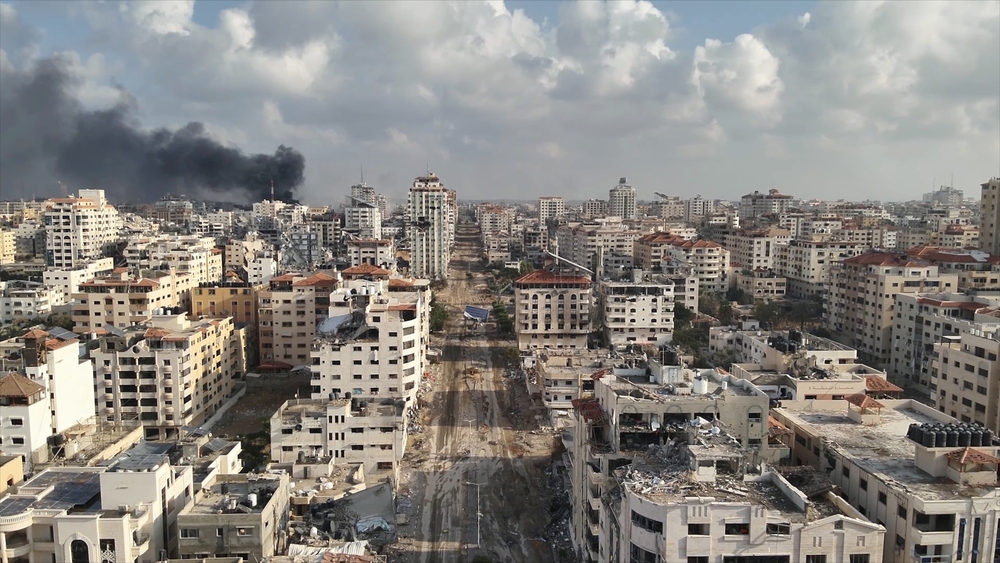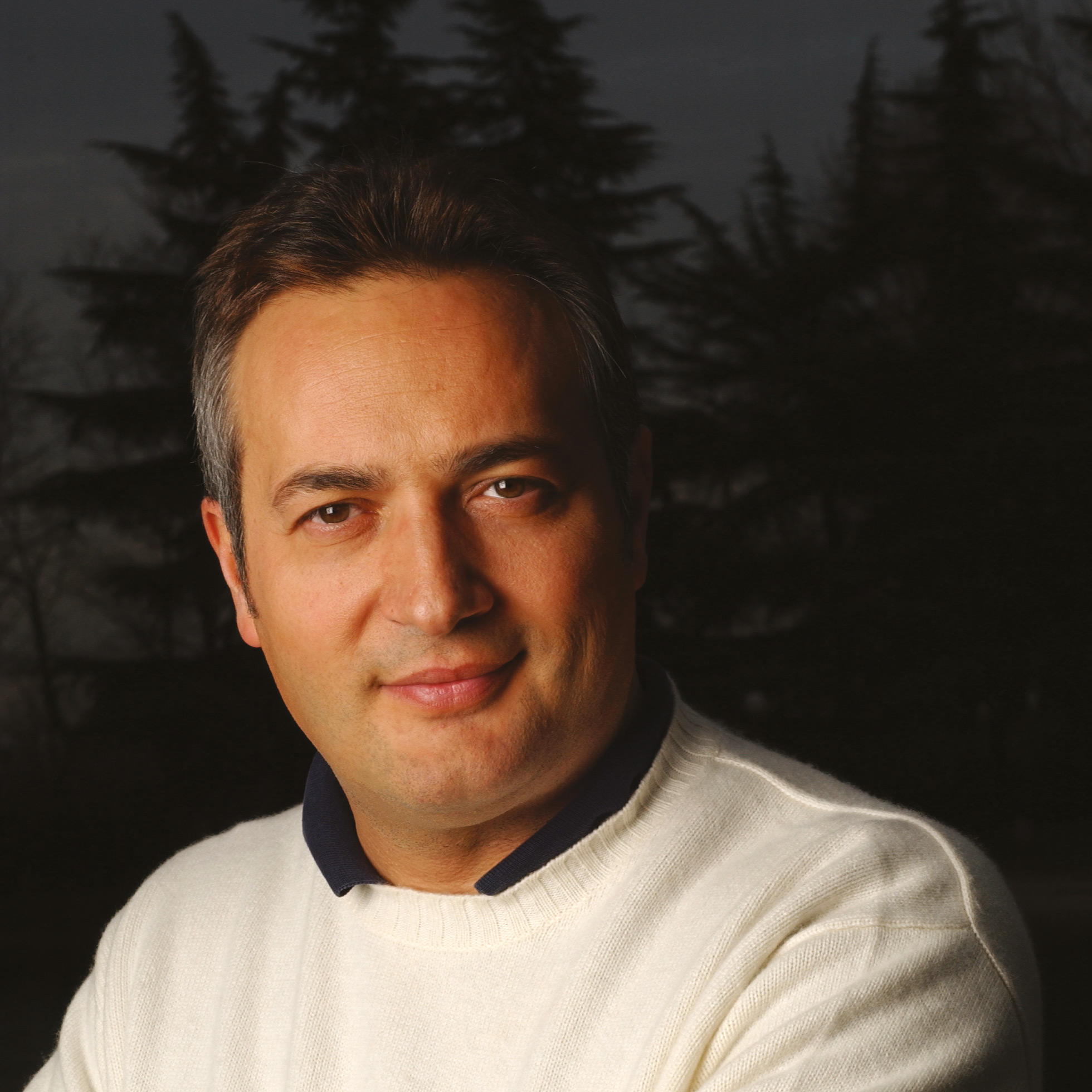There’s a word that is used now as if it were sparkling mineral water flowing quickly across the palate when one is thirsty. Yet, the semantics of this seemingly neutral word are terrible. It is almost synonymous with a third world war—the nuclear one, the definitive one—with a single loser: humankind. It is used in this way by Italian media as well; it has become one of those terms that turns into an international code. The media, including Italian outlets, abuse it with the same carelessness as the aforementioned mineral water, not weighing the effects that words—some words—have on public opinion and individuals.
Beyond meaning, words carry with them a sense that technically refers to the relationship between the physical part of the sign, the signifier, and a series of underlying meanings beneath the primary denotative meaning. The sense of escalation is not just a dramatic evolution of a regional military and geopolitical crisis; it means total war, death, destruction of everything, and no return. We, as communicators, should use it judiciously, even in a Kantian sense. Instead, we find it in headlines, texts, and television discussions every other moment.
Currently at stake is the Middle East, specifically the Israel-Iran conflict, which extends through Lebanon and the near annihilation of Hezbollah. With all the actions and reactions, attacks, and vendettas, are not the world powers, dragged in by their coats, entering the fray in a game that we have already deemed uncontrollable? This is a danger that exists, already present in the conflict in Ukraine, but it must be contained. It is unlikely that Iran will want to go too far to defend Hezbollah. We hope that Israel also does not go too far in its idea of self-defense.
There are significant Muslim countries in that volatile region, such as Saudi Arabia, that are, for now, sitting on the sidelines. The United States does not want to engage in long, bloody, and diplomatically masochistic conflicts anymore. In short, we try to inform people without hiding anything, but also without generating a daily anxiety of infodemia typical of our global communication society.


